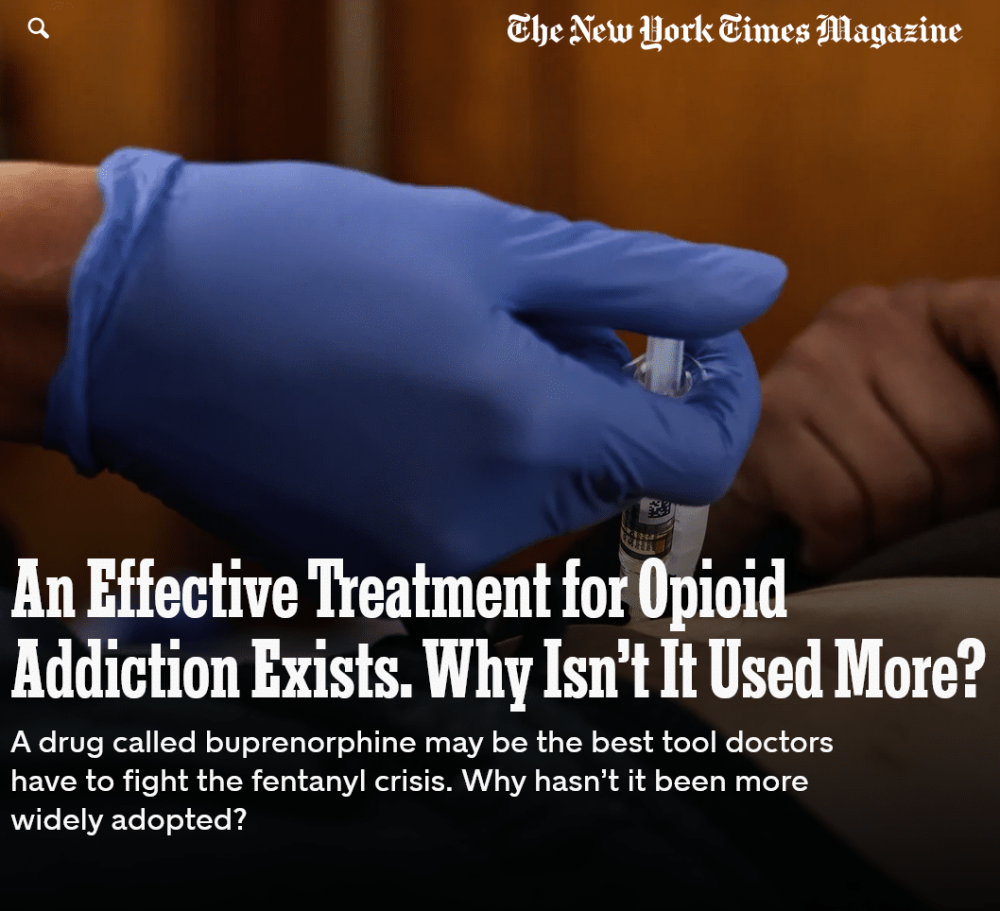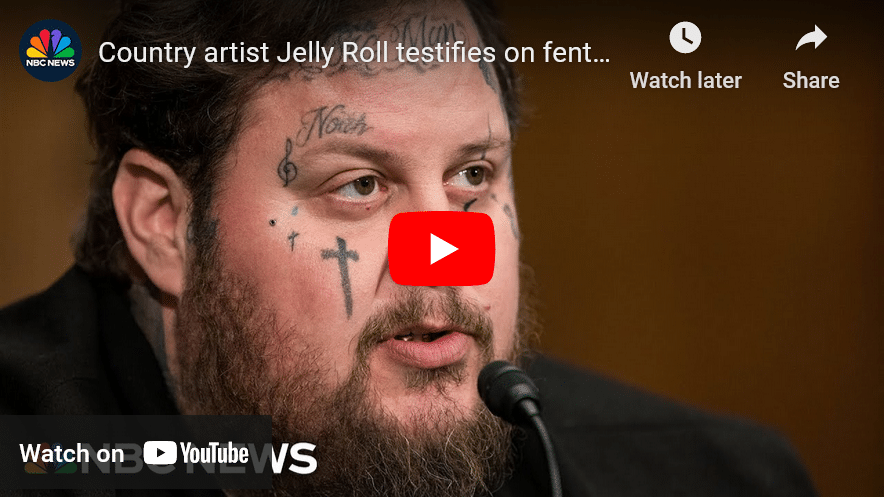Doctors routinely prescribe benzodiazepines (benzos) to treat anxiety, insomnia, and other mental or physical disorders. However, benzos present a high risk for cognitive declines, falls, physical and psychological harm, dependence, and addiction, especially if misused or used long-term.1
Once a person becomes physically dependent on benzos, they will experience withdrawal symptoms when they stop using the drug. The effects of withdrawal can be severe and possibly life-threatening.
Most experts agree that quitting benzos abruptly, known as “cold turkey,” is more uncomfortable than it needs to be and potentially dangerous. Studies find that tapering off benzos, meaning reducing the dosage slowly, is significantly safer and more comfortable.
According to the National Center for Biotechnology Information (NCBI) resources, “The safest way to manage benzodiazepine withdrawal is to give benzodiazepines in gradually decreasing amounts…to relieve withdrawal symptoms and prevent the development of seizures.”2
How Do Benzos Affect the Brain and Body?
Benzodiazepines interact with certain chemical messengers like GABA in the brain to slow activity in the central nervous system (CNS). The CNS regulates autonomic functions of the body, including heart rate, breathing, blood pressure, and body temperature. Overuse or misuse of benzos can interfere with the life-sustaining processes of the CNS.
When an individual experiences a slowdown of chemical messenger activity in their CNS, they may feel more relaxed physically and mentally and have a greater sense of calm and well-being. While this feeling of well-being is triggered naturally within the brain, research has found that benzos trigger a more significant and longer-lasting effect.
If a person suddenly quits using benzos after the body and brain have adapted to their presence, they risk severe withdrawal effects, including long-term damage to their central nervous system and a higher risk of suicide.3 (If you or a loved one are struggling with thoughts of suicide, please contact the National Suicide Prevention Lifeline at 800-273-8255.)
Tapering off benzos allows the body and brain to adjust gradually, which may ease or eliminate withdrawal symptoms. Although the tapering process can take a while, quitting cold turkey can have severe consequences.
What are the Dangers of Quitting Benzos Cold Turkey?
Most research concludes that discontinuing any benzodiazepine abruptly can have dangerous results. Depending on how long a person has used the drug, at what dose, whether they use other medications or alcohol concurrently, and the state of their physical and mental health, withdrawal side effects may include the following:4
- Mild to severe pain
- Nausea
- Vomiting
- Muscle spasms
- Hyperventilation
- Anxiety attacks
- Insomnia
- Panic attacks
- Grand mal seizures
- Depression or acute anxiety
- Hallucinations or delusions
- Psychotic reactions
- Suicidal thoughts or actions
- Death
Damage caused by quitting cold turkey can last for months or longer as the brain and body struggle to regain a healthy balance and function without benzodiazepines.
Individuals who choose to quit cold turkey without professional support face a significantly greater risk of relapse than those who undergo medical detox and then enter a rehab program. Without professional guidance, withdrawal symptoms may be so uncomfortable or severe that the person feels compelled to revert to benzos.
If an individual does succeed in abruptly stopping benzos but relapses later and goes back to the last dose they had been using, they run the risk of overdose. The risk of overdose is high because their body is no longer tolerant to the high amount.
Tapering or weaning off benzos allows the body to readjust gradually, enabling the individual to avoid severe withdrawal symptoms and be more comfortable during detox.
What is Medical Detox?
Detoxification, or detox, is the first step in addiction recovery. Detox is when the body rids itself of addictive or toxic substances like excess benzodiazepines. Whether a person decides to stop using benzos cold turkey or gradually, most addiction experts recommend medical supervision throughout detoxification.
If a person has used prescribed benzos as directed and short-term, they are unlikely to experience anything more than mild withdrawal symptoms when they stop taking the drug. Most health professionals recommend that all others undergo medical supervision while detoxing from benzos.
A medical detox center provides the expertise and procedures to keep patients safe and comfortable while undergoing detox. Medical detox dramatically reduces the risks associated with benzodiazepine withdrawal.
Medical detox includes 24/7 monitoring of vital signs and may also include medication-assisted detox, medication replacement therapy, counseling, and referral services for a drug rehabilitation program after detox. Some medical detox centers, like Gallus Detox, offer tapering protocols and IV and oral medication protocols that avoid cross-addiction.
Until recently, most rehabilitation programs would not admit patients unless they agreed to abstain from addictive substances. Because tapering from benzos can take weeks or longer, a patient could not enter a rehab program if they were still tapering. Now, many rehab centers understand the importance of tapering and no longer prohibit a person from entering rehab while tapering from benzos. Without the support of a rehab program, patients run a severe risk of relapse.
How Does Tapering from Benzos Work?
Tapering is a medication withdrawal plan. A doctor gradually reduces the dose of a medication to prevent or reduce withdrawal symptoms as the body adapts to decreasing amounts of the drug.
There is no set timeline for tapering from benzos, and it may take a couple of weeks up to several months. For patients who have used the depressant long-term or have taken very high doses, the tapering process can take up to a year.
Typically, doctors begin the tapering process by reducing the individual’s usual dose by 10 to 25 percent, according to the National Center for PTSD.5 If the patient experiences manageable withdrawal symptoms from the initial reduction, the doctor may reduce the dose by another 10-25 percent every one to two weeks. The doctor may adjust the schedule based on the patient’s response to each tapering dose.
The timeline for tapering varies for each person. While some may successfully wean completely from a drug within a few weeks, it may take others up to a year.
It is not uncommon for those who are tapering from benzos to experience some “breakthrough” symptoms of withdrawal or to have an escalation of anxiety or other psychological symptoms that the benzodiazepine was treating. For that reason, NCBI stresses the importance of therapeutic support for patients withdrawing from benzodiazepines.
It is crucial for people recovering from substance addiction to understand that completing detox alone is not the same as completing an addiction recovery program. Without professional support after leaving detox, patients run a high risk of relapse.
Results of a meta-analysis published in the Journal of the American Medical Association (JAMA) found that a combination of pharmacotherapy and cognitive behavioral therapy or another evidence-based psychotherapy gave patients the best chance for long-term recovery.6
How Can You Support Your Recovery?
Whether or not you experience breakthrough withdrawal effects, you can support your recovery process by making lifestyle changes. The following are some examples of helpful practices.
- Commit to a nutritious diet, including lean proteins, vegetables, whole grains, and fruit. Avoid processed foods, fried foods, simple carbs, and sugary drinks. Drink the recommended amount of water each day.7
- Exercise regularly. Start with gentle movements, like a short walk or swim.
- Practice mindfulness, meditation, yoga, relaxation exercises, or other mind-body practices to benefit you physically and mentally. Keep a gratitude journal, listen to, and read positive and inspirational stories. Limit negative news and people.
- Connect with nature by walking in a park, sitting by the water, or watching the birds.
- Most importantly, write down why recovery is vital to you and all the benefits you will enjoy when free of dependence or addiction. Review your list often for personal inspiration.
You don’t have to go through recovery alone! It is essential to reach out to addiction professionals who can support you through your journey.
Contact Gallus Medical Detox to learn how the Gallus Method of Benzodiazepine detox can help you taper from benzodiazepines in a safe, comfortable, supportive environment.
Sources
- https://www.ncbi.nlm.nih.gov/pmc/articles/PMC4657308/
- https://www.ncbi.nlm.nih.gov/books/NBK310652/#part4.s13
- https://www.webmd.com/connect-to-care/addiction-treatment-recovery/prescription/xanax-withdrawal- symptoms
- https://www.medicalnewstoday.com/articles/benzo-withdrawal#symptoms
- https://www.pbm.va.gov/PBM/AcademicDetailingService/Documents/Academic_Detailing_Educational_Material_Catalog/59_PTSD_NCPTSD_Provider_Helping_Patients_Taper_BZD.pdf
- https://pubmed.ncbi.nlm.nih.gov/32558914/
- https://www.cdc.gov/nutrition/data-statistics/plain-water-the-healthier-choice.html


 Steve B
Steve B 
